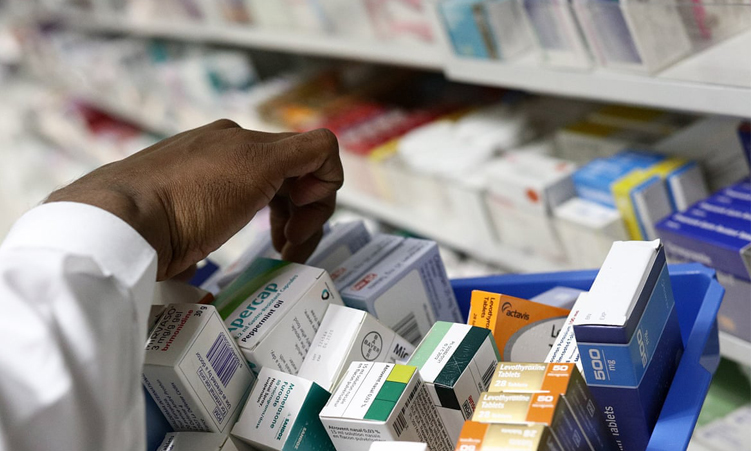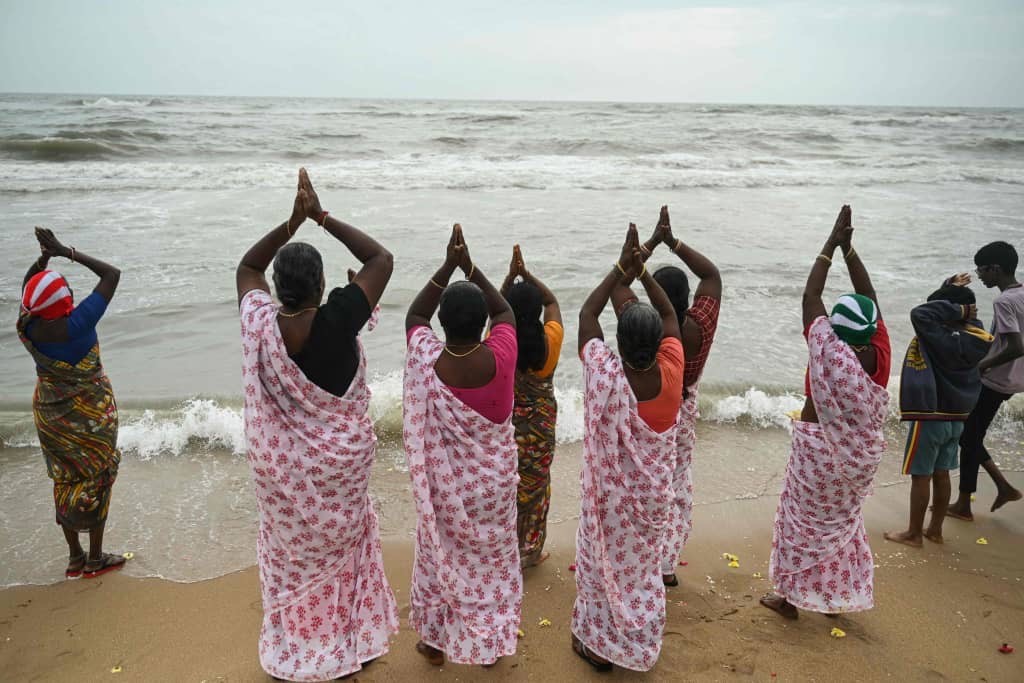Minister of health and social services Kalumbi Shangula says public hospitals have been struggling to stock up on essential drugs in the past three years.
He was speaking at a Cabinet committee briefing yesterday.
“For the past three years, Namibia has faced challenges regarding the supply of medicines and clinical supplies for public health facilities. “The reasons for these challenges are varied and multifactorial,” Shangula said.
These challenges, he said, include legal challenges to procurement processes for medicines, lengthy procedures legislated under the Public Procurement Act of 2015 and the low procurement threshold as per the Procurement Act.
He also blamed the shortage on poor performance by suppliers, a shortage of active pharmaceutical ingredients for some products, adverse markets of scale and disruptions to international logistic channels.
To address this, the ministry will seek exemption for procurement procedures from the Ministry of Finance and Public Enterprises, allowing for faster acquisition of medications, Shangula said.

The ministry will also directly purchase from suppliers with existing stock and utilise regional mechanisms for pooled procurement.
Additionally, Shangula said establishing multi-year agreements with suppliers and collaborating with other countries for joint purchases are on the table.
He said they would also leverage the Southern African Development Community pooled procurement price database to compare prices and ensure value for money.
“These measures have started to bear fruit and we will pursue them in a resolute manner. We are confident that in the next few months, the stock out of pharmaceuticals and clinical supplies will be resolved,” Shangula said.
HEALTH UPDATE
Meanwhile, more than 85% of the Namibian population depend on public health and social services provided through hospitals and other health facilities managed by the ministry.
These include 322 clinics, 56 healthcare centres, 34 district hospitals, four intermediate hospitals and one national referral hospital.
The ministry is also undertaking the development and construction of the Windhoek District Hospital.
There are more than 1 150 outreach points across the country.
Shangula said in line with the cost plan to mobilise additional resources for the public health sector, the government would also establish health posts in different constituencies across the country.
The ministry is implementing various projects to expand and improve access to public health and social services.
Shangula said all district hospitals would now have intensive care units to improve critical care access.
Additionally, dialysis services are being expanded to Katutura, Keetmanshoop, Rundu, Oshakati, Otjiwarongo and Walvis Bay to reduce travel burdens and costs for patients.
Dental care is also being enhanced with new equipment deployed to underserved areas such as Eenhana, Nkurenkuru, Rundu, Tsumeb, Ondangwa, Outapi, Outjo, Otjiwarongo, Grootfonetin, Rehoboth, Opuwo, Onandjokwe and Keetmanshoop.
The minister said with the difficult Covid-19 lessons in mind, the ministry has installed oxygen-generating systems at different healthcare facilities around the country.
“These include Onandjokwe, Mariental, Swakopmund, Okakarara and St Mary Rehoboth hospitals, as well as the Keetmanshoop, Okahao, Eenhana, Okongo and Andara hospitals, which were installed during February 2024. Most district hospitals and healthcare centres have installed oxygen-generating capabilities,” Shangula said.
Stay informed with The Namibian – your source for credible journalism. Get in-depth reporting and opinions for
only N$85 a month. Invest in journalism, invest in democracy –
Subscribe Now!







